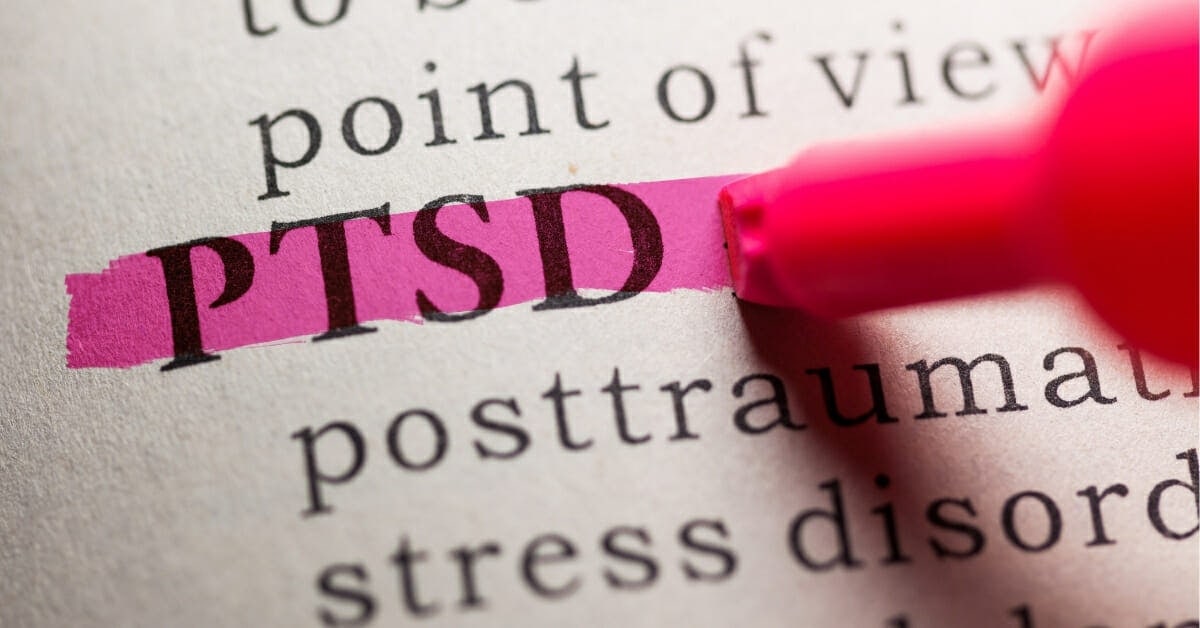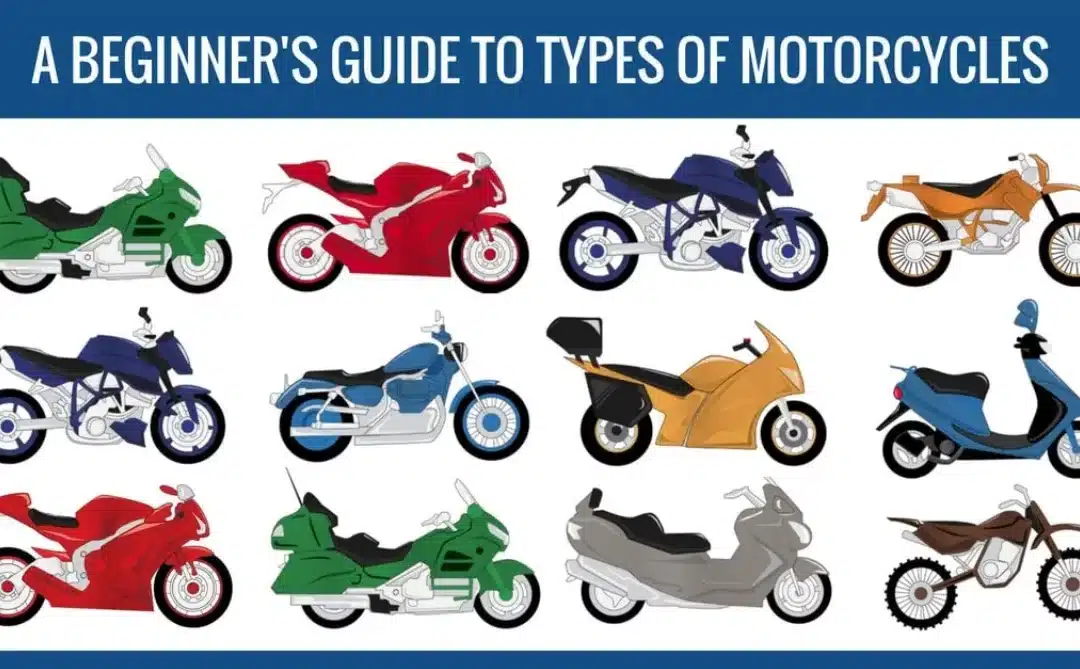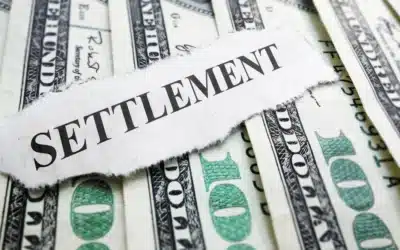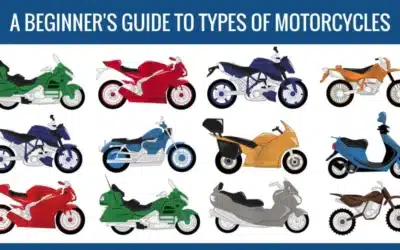The number of motorcycles registered in the U.S., about 8.7 million according to the most recent data from the National Highway Traffic Safety Administration, attests to their popularity for recreation and as an economical way to make the daily commute to work. Motorcyclists know the risk inherent in riding on a vehicle that leaves them open to suffering serious and life-threatening injuries in an accident.
The NHTSA reports that motorcyclists suffer fatal injuries 28 percent more frequently than do the occupants of other types of vehicles offering more protection. Nonfatal injuries include head trauma and bone fractures, but a hidden and frequently undiagnosed injury experienced by up to 28 percent of victims of serious motor vehicle collisions is post-traumatic stress disorder (PTSD). Whether you are a rider involved in a serious collision or have a loved one injured in a crash, getting the proper help begins by recognizing the warning signs of PTSD after a motorcycle accident.
What is PTSD and How is it Diagnosed?
“Fender bender” is a term rarely used to describe a motorcycle accident. A collision between a motorcycle and a car or truck traveling at a low speed can send the rider crashing to the pavement or into a guardrail or other stationary object. For some people, a serious motorcycle accident could create a fear of riding, but for others, the experience could also cause them to experience anxiety, depression, and other serious psychological conditions related to PTSD after a motorcycle accident.
A motorcycle crash may cause a person to experience symptoms similar to those associated with a diagnosis of PTSD, including the following:
- Flashbacks to the traumatic event
- Bad dreams, nightmares or difficulty sleeping
- Frightening and distressing thoughts
- Avoiding reminders of the accident, including places, things or events
- Attempting to block thoughts or feelings relating to the accident
- Excessive drinking or other self-destructive behaviors
- Inability to focus and concentrate
- Always being alert to danger or being easily startled
- Aggressive behavior, including irritability or uncontrolled anger
- Impaired memory
- Avoiding friends, relatives, and social activities
Some of the symptoms are normal following a serious accident, but they usually go away in a matter of days. ![]()
Diagnosis and Treatment of PTSD After a Motorcycle Accident
The diagnosis of PTSD usually begins with a physical examination to rule out any medical cause for the symptoms. After ruling out a medical cause, the next step in the diagnostic process is a psychological evaluation to review the symptoms and the accident that occurred prior to their development. Doctors use the criteria for diagnosis of PTSD as published by the American Psychiatric Association in the most recent edition of its “Diagnostic and Statistical Manual of Mental Disorders.”
Treatment of PTSD after a motorcycle accident usually relies upon counseling and psychotherapy. When appropriate, doctors might rely upon medications to control some of the symptoms, including antidepressants and medications to control anxiety. The goal of treatment is to help accident victims develop the skills and methods to cope with their symptoms and with memories of the event.
Can PTSD Cause Physical Damage?Physical damage is common in many types of trauma events and has been linked to PTSD symptoms and physical health consequences, including higher medication use.
Emotional trauma and PTSD, according to the latest research, inflict both brain and bodily harm. Physical and emotional trauma have been shown by neuropathologists to have overlapping effects on the brain. With such overlap, it is clear that both of these traumas have a negative impact on the Amygdala, Hippocampus, and Prefrontal Cortex of the brain. That is, Emotional Trauma or PTSD does cause brain injury/damage.
Have You Been Involved In A Motorcycle Accident?
Our professional legal team screens submissions and assigns cases to some of the best motorcycle lawyers in the US.
How Long After Traumatic Event Does PTSD Start?
Post-traumatic stress disorder symptoms might occur within one month of a stressful experience, but they can also appear years afterward. These symptoms produce substantial challenges in social or occupational settings, as well as in relationships. The condition progresses differently: while some patients recover in 6 months, others experience symptoms for a year or longer. People suffering from PTSD frequently have co-occurring illnesses such as depression, drug abuse, or one or more anxiety disorders. It is natural to have certain symptoms after a scary incident, or even to feel disconnected from the experience as if you are seeing rather than experiencing it. A health care expert with experience with patients with mental diseases, such as a psychiatrist, psychologist, or clinical social worker, can decide whether symptoms satisfy the criteria for PTSD.
Can You Get PTSD After a Motorcycle Accident?
If you recognize any of the symptoms of PTSD in yourself or in a loved one who has been in an accident, it is important to be evaluated by a medical professional. While not everyone exposed to the trauma of a serious motorcycle accident develops PTSD, 10 percent of women and 4 percent of men develop PTSD at least once during their lifetime.
It’s not only the operator of a motorcycle who is susceptible to developing PTSD following a crash. If you witness someone being killed or seriously injured, you have a 7.3 percent chance of developing PTSD. Other individuals who could develop PTSD after a motorcycle accident include:
- Injured or uninjured passengers on motorcycles involved in a violent crash
- Bystanders or emergency personnel who assisted victims injured or killed in an accident
- Drivers and passengers of other vehicles involved the crash
- Family members confronted by the death or serious injury of a loved one
How Can PTSD From a Motorcycle Accident Affect My Settlement?
PTSD affects your ability to function at your job and takes a toll on your relationships with family and friends. Studies have shown PTSD to increase the risk of death from suicide.
If you are diagnosed with PTSD, your personal injury attorney will seek to include the cost of diagnosis and treatment of the disorder, including future medical and psychological treatment and therapy, in the compensation sought from the party whose negligence caused you to be injured. The long-term impact of PTSD on your life could affect the settlement of your claim by including wages lost from being unable to work following the accident. It could also include reduced future earnings if the PTSD prevents you from returning to work or places limitations on the type or amount of work you are capable of doing.
Contact a Motorcycle Accident Lawyer for Help
An experienced motorcycle accident attorney is your best source for information about your right to compensation following a serious motorcycle accident. If you have been diagnosed with PTSD after a motorcycle accident, contact Michael Padway & Associates to learn more during a free consultation and case evaluation.








